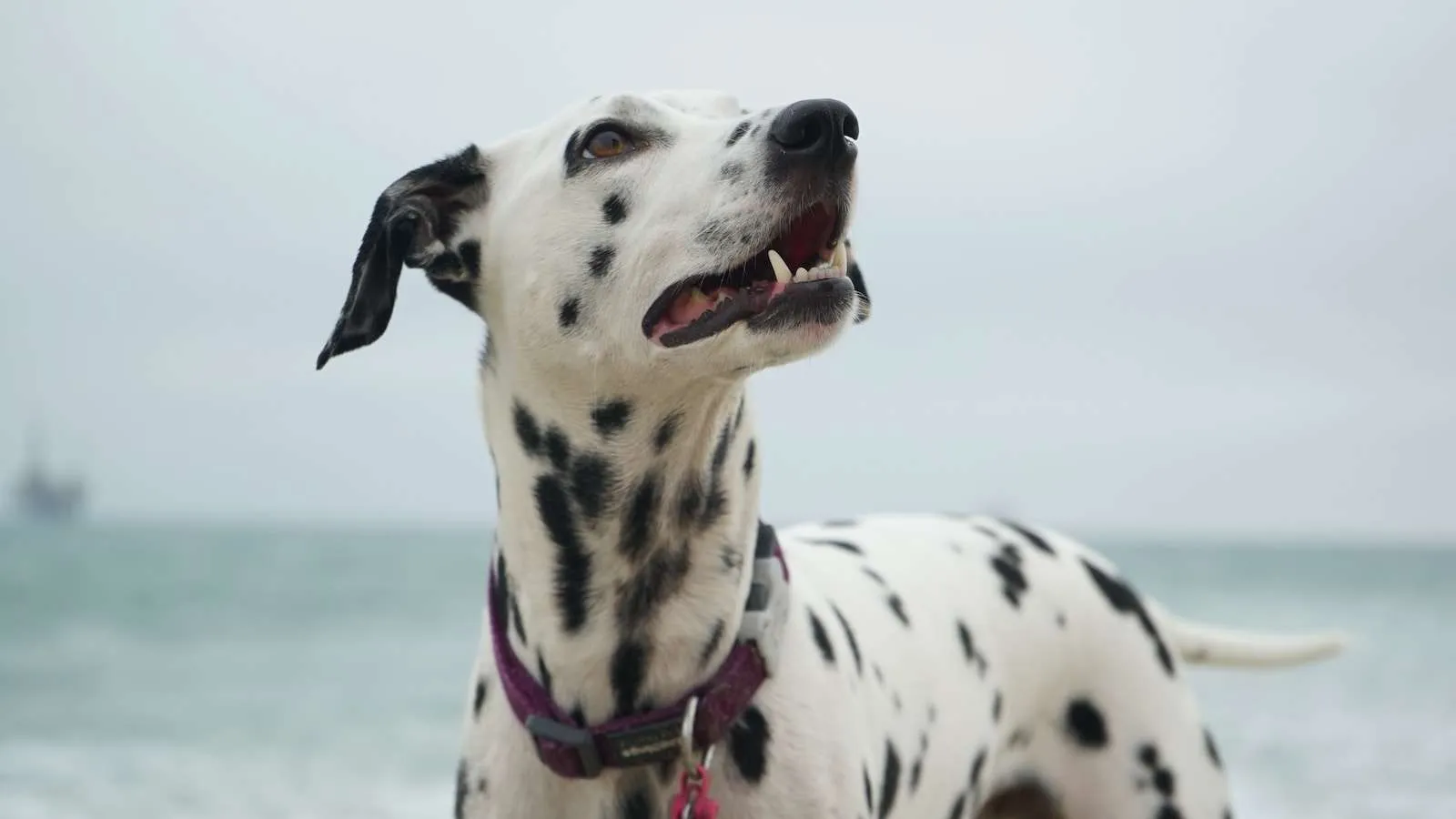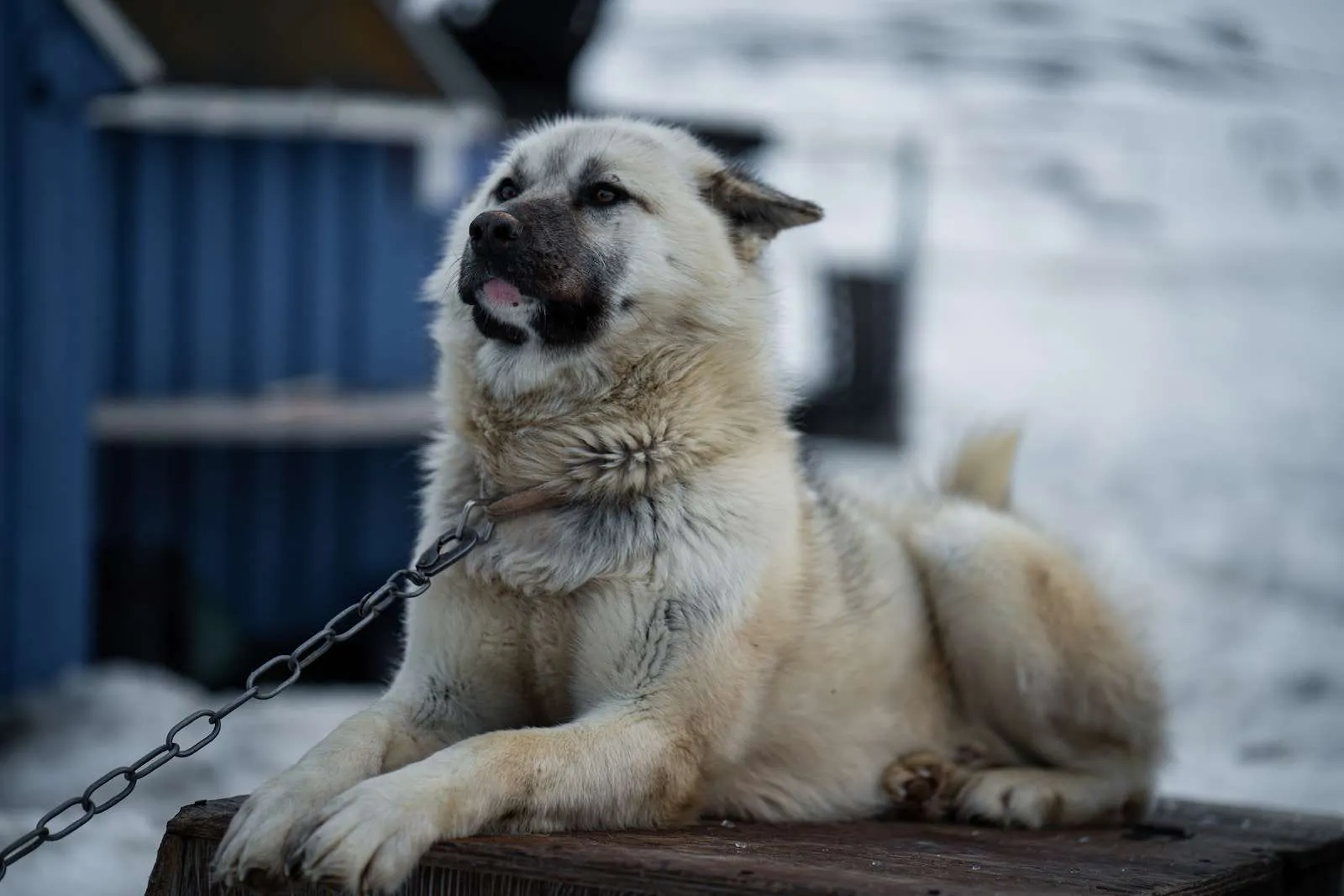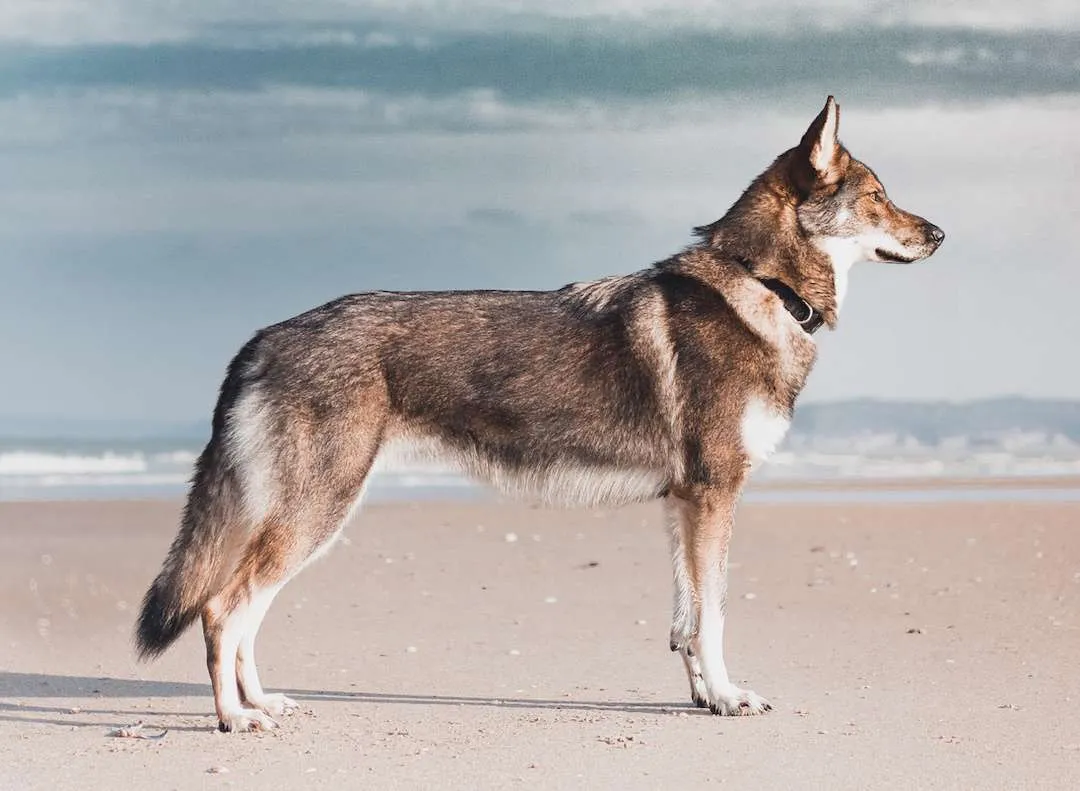Statistics:
- Height: 19 to 24 inches (male), 18 to 22 inches (female)
- Weight: 55 to 70 pounds (male), 45 to 60 pounds (female)
- Life Span: 10 to 13 years
- Diet: High-quality dog food, balanced and appropriate for their age, size, and activity level.
Dalmatian Overview:
The Dalmatian is a distinct and instantly recognizable breed, known for its striking spotted coat and elegant appearance. With a history dating back centuries, Dalmatians have served various roles throughout the years, including coach dogs, firehouse mascots, and even circus performers. Today, they are primarily cherished as loyal family pets and enthusiastic companions. Dalmatians are energetic, intelligent, and affectionate dogs that thrive on human interaction and activities.
Dalmatian Highlights:
- Unique Appearance: The Dalmatian’s coat is short and dense, adorned with spots that can vary in size and pattern, making each dog unique.
- Lively and Energetic: Dalmatians are highly active dogs that require plenty of exercise and mental stimulation.
- Bonding with Humans: This breed forms strong bonds with its family members and enjoys being part of the household activities.
Dalmatian Evolution and History:
The Dalmatian’s history is somewhat mysterious, with the exact origin of the breed remaining unclear. However, they are believed to have originated in the region of Dalmatia, which is now part of Croatia. Throughout history, Dalmatians have been associated with various roles, including as carriage dogs, guardians, and performers. Their distinctive appearance and striking spots have made them famous, particularly through their association with fire departments and their use as carriage dogs in the past.
Dalmatian Size and Weight:
Dalmatians are medium-sized dogs, with males typically standing between 19 to 24 inches at the shoulder and females slightly smaller, ranging from 18 to 22 inches. Their weight varies from 45 to 60 pounds for females and 55 to 70 pounds for males.
Dalmatian Personality:
Dalmatians are known for their friendly and outgoing personality. They are affectionate dogs that thrive on attention from their family members. However, they can also be independent and may require early socialization to get along well with other dogs and pets.
The Adaptability of the Dalmatian:
Dalmatians can adapt well to various living situations, but their energetic nature and need for exercise make them best suited for families with active lifestyles and space to play.
Dalmatian Temperament:
Dalmatians are alert, intelligent, and sensitive dogs. They are known for their playful and exuberant nature, making them excellent playmates for children. However, they can be reserved with strangers, which makes them good watchdogs.
Dalmatian Maintenance and Grooming:
The Dalmatian’s coat is short and easy to maintain. They are moderate shedders, and regular brushing will help keep their coat clean and reduce shedding.
The Trainability of the Dalmatian:
Dalmatians are intelligent and eager to please, which makes them trainable. However, they can be strong-willed, so consistent and positive training methods are essential.
Exercise Needs of the Dalmatian:
Dalmatians are high-energy dogs and require regular exercise to keep them physically and mentally stimulated. They enjoy activities like running, playing fetch, and agility training.
Dalmatian Health:
- Deafness: Dalmatians are prone to hereditary deafness, and this condition is common in the breed.
- Urinary Stones: This breed is susceptible to forming urinary stones, so a proper diet and regular hydration are crucial.
- Hip Dysplasia: A common orthopedic issue in many dog breeds.
Dalmatian Care:
Dalmatians require regular veterinary check-ups, a balanced diet, and proper exercise to maintain their health.
Dalmatian Feeding:
A high-quality dog food appropriate for their age, size, and activity level is recommended for Dalmatians.
Dalmatian Coat Color and Grooming:
The Dalmatian’s coat is short, dense, and adorned with spots that can be black or liver in color. Grooming is relatively low maintenance, requiring regular brushing and occasional bathing.
Dalmatian and Children:
Dalmatians can be excellent family dogs and get along well with children when properly socialized.
Dalmatian and Other Pets:
With early socialization, Dalmatians can coexist with other pets in the household.
Similar Dogs:
- Pointer: Like Dalmatians, Pointers are active and energetic dogs that require plenty of exercise and mental stimulation.
- Vizsla: Vizslas share the Dalmatian’s affectionate nature and high energy levels, making them excellent companions for active families.


